Category: Sunday
-
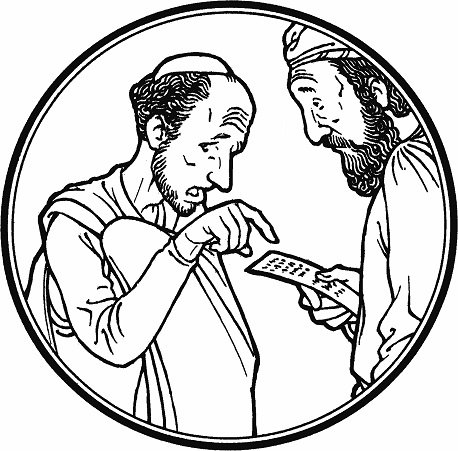
Ninth Sunday after Trinity
Confirmation in the Christian faith of Greta E. Gramzow and Ian A. Miller Readings: 2 Samuel 22:26–34 | 1 Corinthians 10:6-13 | Luke 16:1-13 Text: 2 Samuel 22:26–34 “Knowing God vs. Not Knowing Him” Those who don’t know Him see him as: But those to whom the Holy Spirit has made Him known see Him…
-
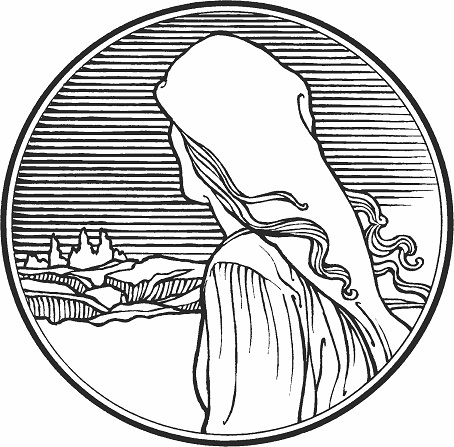
St. Mary Magdalene (observed)
Readings: Proverbs 31:10-31 | Acts 13:26-31 | John 20:1-2, 10-18 Text: Proverbs 31:10-31 Many admonishments in Scripture speak to human sins that are more commonly male: sexual immorality, guarding the tongue, fits of anger, etc. Yet, sin corrupts both men and women alike. The man who was possessed by a legion of demons in Mark…
-
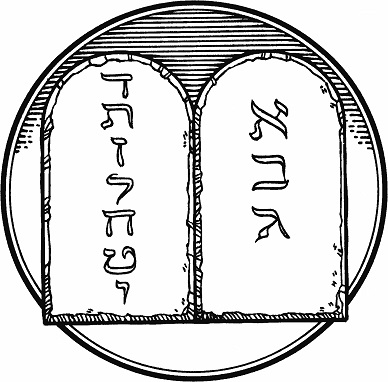
Sixth Sunday after Trinity
Readings: Exodus 20:1-17 | Romans 6:1-11 | Matthew 5:17-26 Text: Matthew 5:20-26 For centuries, the first thing those learning the Christian faith encountered has been the Ten Commandments. We think they are elementary, and therefore easy to do. After all, they sound so simple: We would like the Commandments to be tame, manageable. As easy as following the…
-
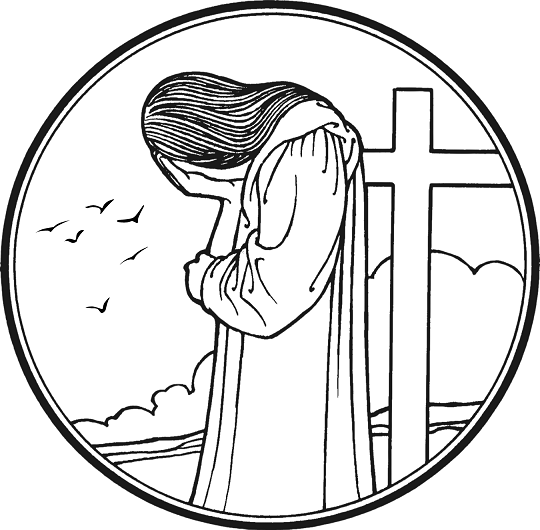
Fourth Sunday of Easter (Jubilate)
Readings: Isaiah 40:25-31 | 1 Peter 2:11-20 | John 16:16-23 Text: Isaiah 40:25-31 On the night in which He is to be betrayed, our Lord taught His disciples, 20 Truly, truly, I say to you, you will weep and lament, but the world will rejoice. You will be sorrowful, but your sorrow will turn into joy.…
-
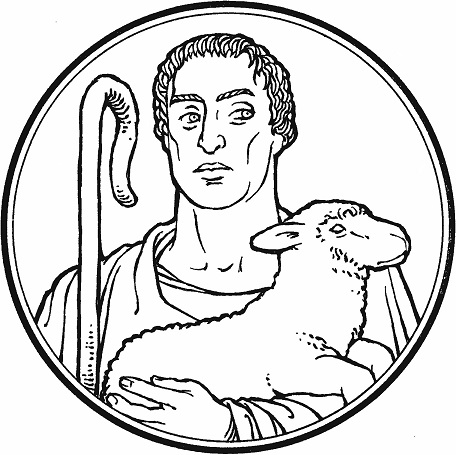
Third Sunday of Easter (Misericordias Domini)
Readings: Ezekiel 34:11-16 | 1 Peter 2:21-25 | John 10:11-16 Text: John 10:11-16 The name for this second Sunday after Easter is a mouthful: Misericordias Domini. It’s also a strange name, unless you’re a Spanish-speaker. Misericordias in both Latin and Spanish means “mercy.” It’s from Psalm 33:5, which we heard in the introit as, “The…
-
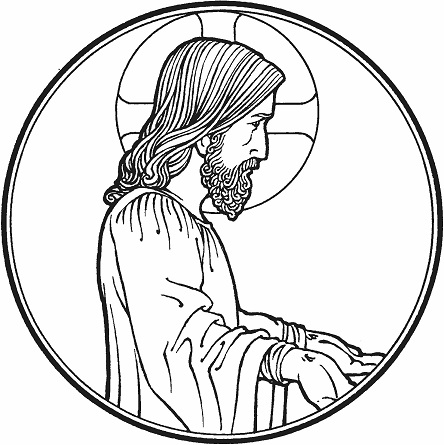
Second Sunday after Easter (Quasimodo Geniti)
Readings: Ezekiel 37:1-14 | 1 John 5:4-10 | John 20:19-31 Text: John 20:19-31 On the evening of the Resurrection, the disciples—at least ten of them—saw the risen Lord! Sometimes we get to thinking the disciples must have had an easier time because they had Jesus in the flesh. After all, what quality of teaching! What…
-

The Resurrection of Our Lord (Easter Day)
Readings: Job 19:23-27 | 1 Corinthians 5:6-8 | Mark 16:1-8 Text: Mark 16:1-8 Alleluia! Christ is risen! He is risen indeed! Alleluia! Easter mornings are always the best for Church. We sing louder than any other day. We sing, “Jesus Christ is Risen Today, Alleluia!” We shout for joy. We tell each other He is…
-

Palm Sunday
Readings: Philippians 2:5-11 | Matthew 27:11-54 Text: Matthew 27:11-26 It is a blessing to our faith that we meditate on our Lord’s passion yearly. A Christian faith that has a fuzzy view of the historical, fleshly sufferings of Jesus Christ will easily fall for suggestions that the Christian life is just the best of the…
-
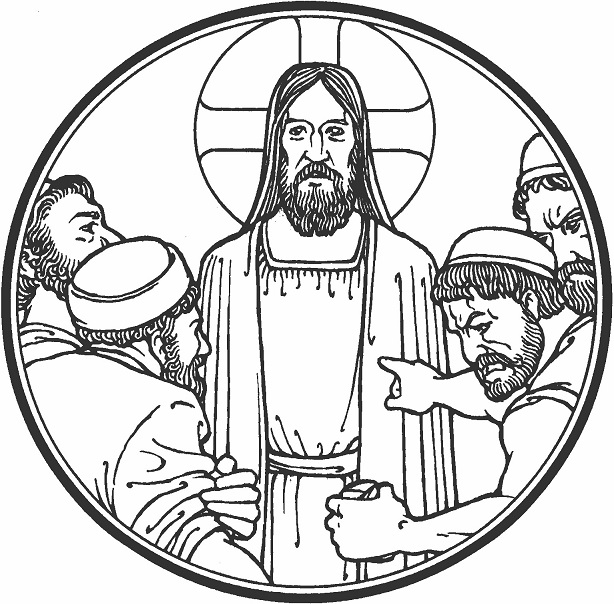
Fifth Sunday in Lent (Judica)
Holy Baptism of Mathilda Goehring Readings: Genesis 22:1-14 | Hebrews 9:11-15 | John 8:46-59 Text: Genesis 22:1-14 “God, what in the world are You doing? I can’t handle this! I just got done with the last wrench You threw in the works!” There are times like this, where honestly, we have no idea what our…
-

Fourth Sunday in Lent
Readings: Exodus 16:2-21 | Galatians 4:21-31 | John 6:1-15 Text: John 6:1-15 We began Lent in the wilderness. Jesus is alone and hungry. Then, the Devil comes along and tempts him. Hunger is evil, he seems to say: “If you are the Son of God, command this stone to become bread to feed you in…